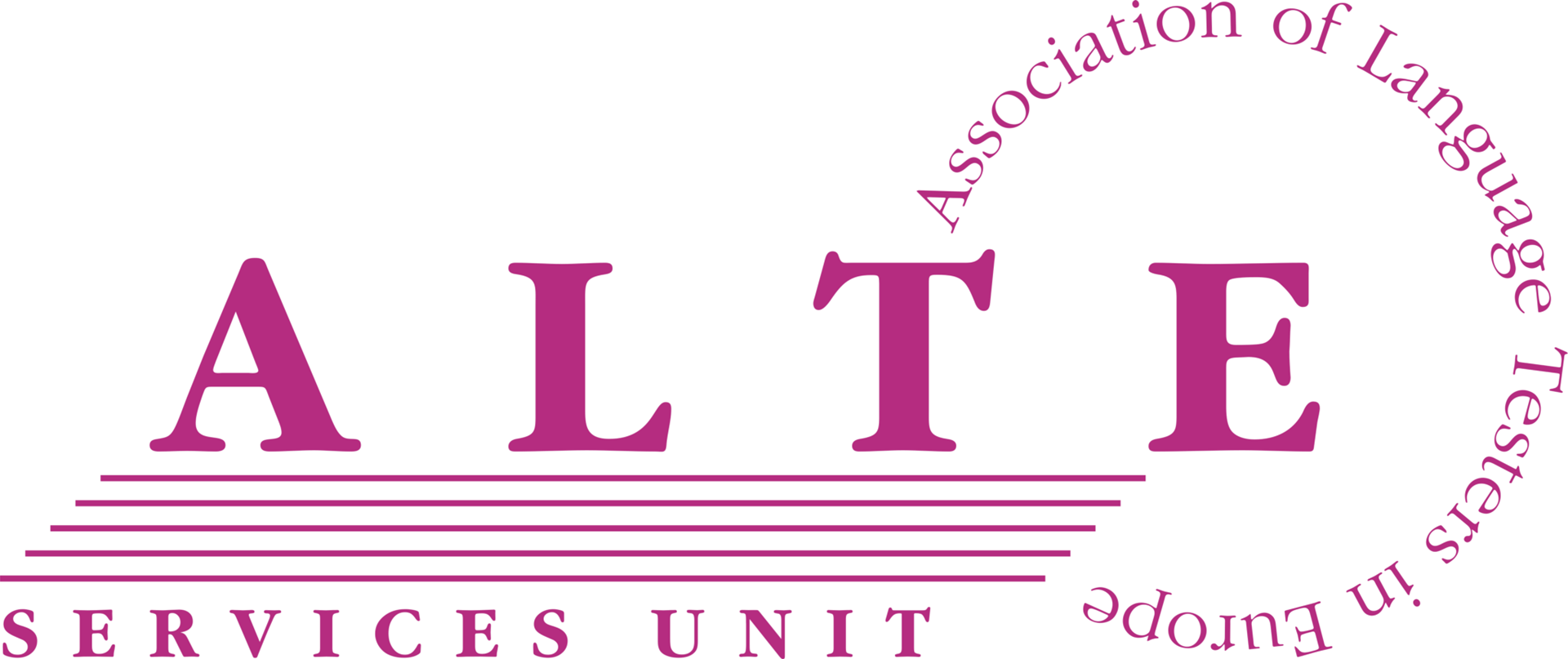courses for language testing
Introduction to Rasch and Facets Analysis

Rasch analysis is a psychometric technique which places the proficiency level of test takers, and the relative difficulty of items on a common scale. Rasch software (such as Winsteps) is used to calibrate the data and produces statistical measures for items and test takers. This analysis provides statistical data on the relative difficulty and consistency of the items, and the relative performance of test takers. Rasch analysis is suitable for pre- and post-testing of items in receptive skills tests.
Many Faceted Rasch Measurement (MFRM) analysis is a statistical approach used to evaluate speaking and writing assessments, particularly focusing on the variability introduced by different ‘facets’ such as raters, tasks, and test takers. It is sometimes referred to as Facets analysis, referring to a commonly used MFRM software (Facets). MFRM is designed to account for and analyse the effects of various sources of variability such as differences in rater severity, task difficulty, and test taker ability.
What knowledge and/or skills will I gain from this course?
This course provides an overview of the basics of Rasch and MFRM analysis. The course assumes, at best, only limited awareness of the type and content of files used for input and the type of output produced by Rasch Analysis and Rasch Measurement or MFRM software. It covers the cycle of preparing data for analysis and understanding input and output. It does not provide any training on operating any specific software but concentrates on understanding typical content and design of input and output files.
Who is this course suitable for?
This course is aimed and assessment professionals with a language or teaching background, who need to work and communicate with analysts, make sense of output and tables, and who need to prepare or adapt input for analysis.
How is this course delivered?
This course is delivered online. It consists of two 90-minute sessions, and a 30-minute break.
Participants will need a laptop with Winsteps (or the very limited free version, Ministep) installed. You will need Windows for this software to work.Who is the course tutor?
 The course will be presented by Jane Lloyd (Cambridge University Press and Assessment). Jane is Senior Research Manager at Cambridge English. Her main responsibilities are leading on standard setting for Cambridge exams, working on large-scale educational reform projects with ministries and NGOs, and working for ALTE. Her work for ALTE is to support other national language test providers. This includes: statistical analysis of items, analysis of rater performance, research into exam and language use at regional and national level, courses and training in assessment, preparation for audits, and training for item writers, test designers and raters. She has a degree in Linguistics, a DELTA, an MA in Linguistics and TESOL, and an MA in Language Testing. She is currently studying for a PhD in Language Testing at CRELLA.
The course will be presented by Jane Lloyd (Cambridge University Press and Assessment). Jane is Senior Research Manager at Cambridge English. Her main responsibilities are leading on standard setting for Cambridge exams, working on large-scale educational reform projects with ministries and NGOs, and working for ALTE. Her work for ALTE is to support other national language test providers. This includes: statistical analysis of items, analysis of rater performance, research into exam and language use at regional and national level, courses and training in assessment, preparation for audits, and training for item writers, test designers and raters. She has a degree in Linguistics, a DELTA, an MA in Linguistics and TESOL, and an MA in Language Testing. She is currently studying for a PhD in Language Testing at CRELLA.
Testimonial
“ALTE offers very high-quality course content and delivered in a very accessible and engaging manner. I've taken two courses and have consistently been impressed.”
When is the next course?
The date for the next ALTE Introduction to Rasch and Facets Analysis course is 18 July 2025.
How can I register?
You can register for this course here.
Expression of Interest
If you would like to express your interest in this course, or any other ALTE course, please click here.
Can several people from the same organisation join this course?
For group bookings, ALTE advises to book a maximum of three places per organisation.
How can I pay?
Full payment is required on registration. We strongly recommend that payment is made online using a Visa, MasterCard or American Express. However, if it is not possible to pay with a credit/debit card when registering, please contact the ALTE Services Unit (servicesunit@alte.org) to request an invoice with bank transfer payment instructions.